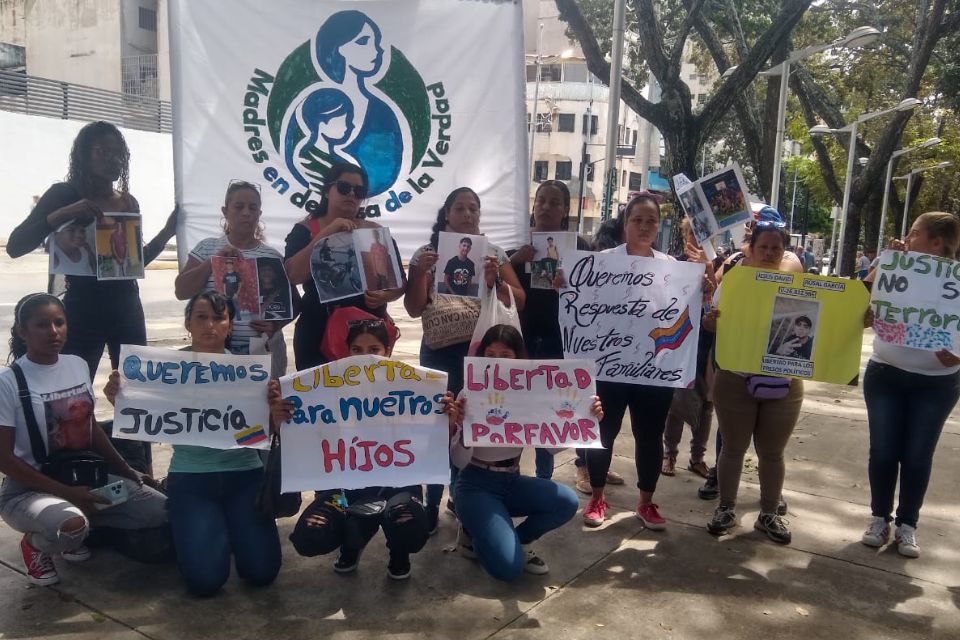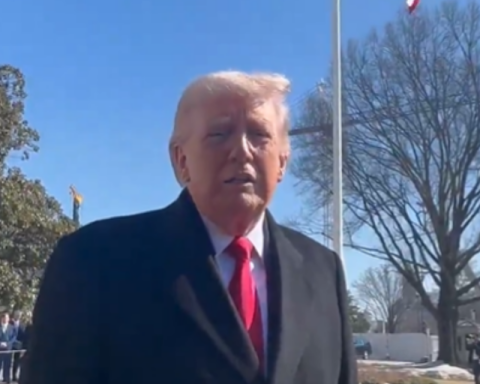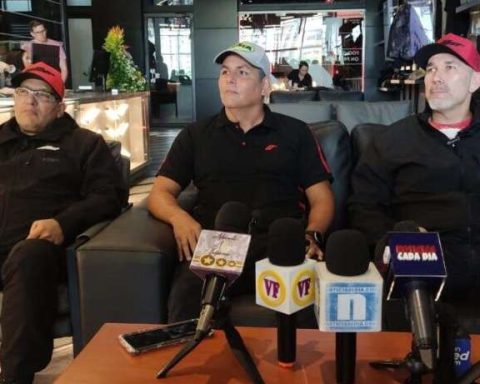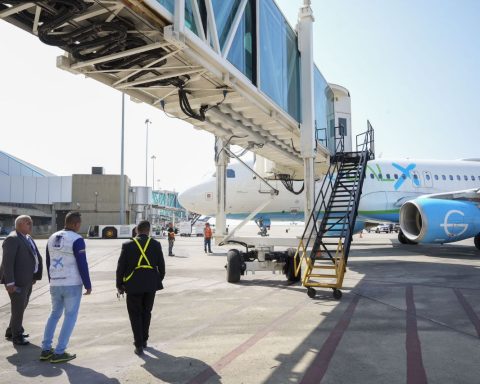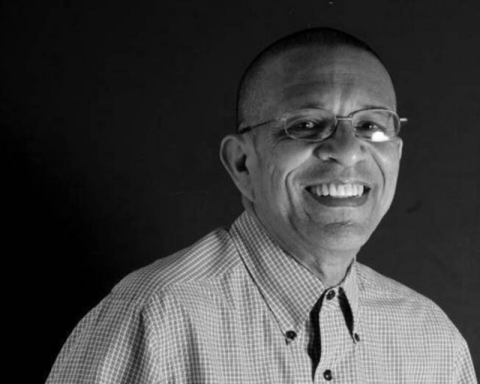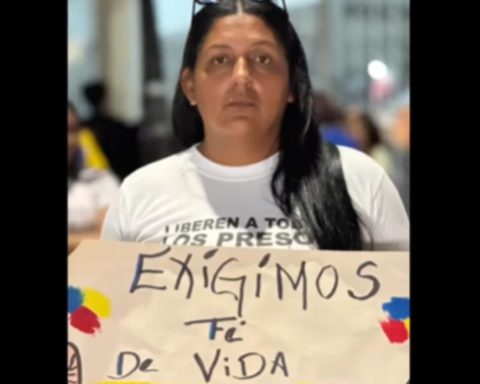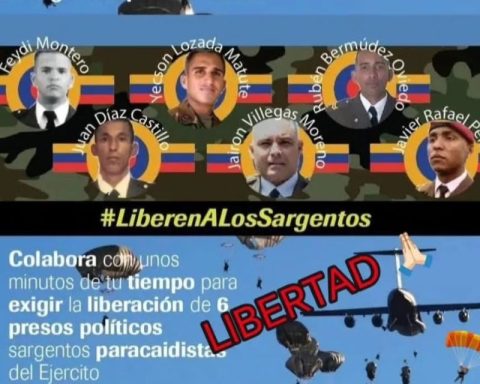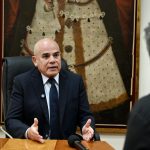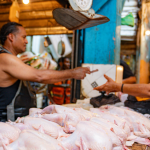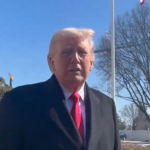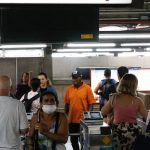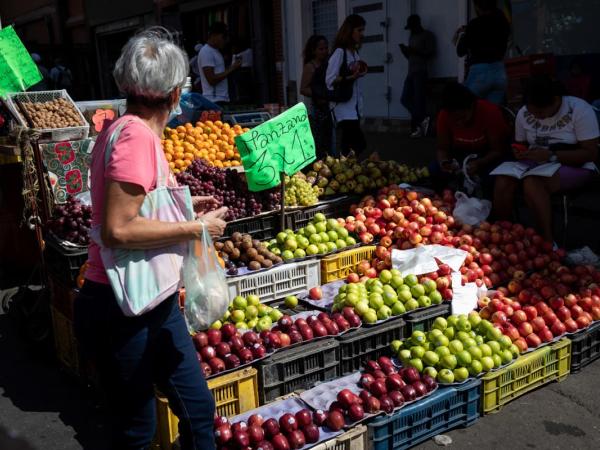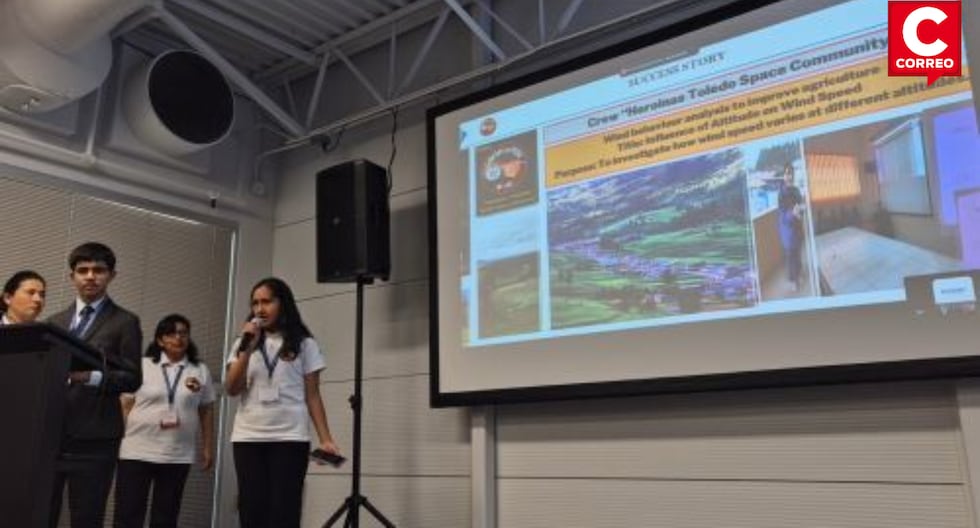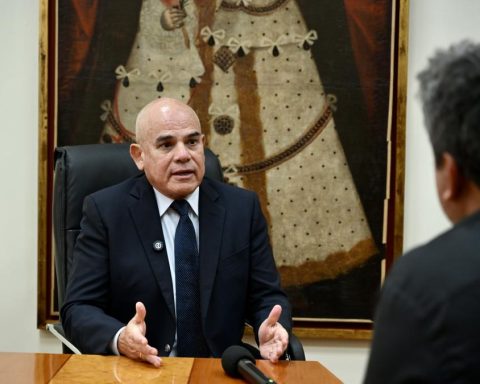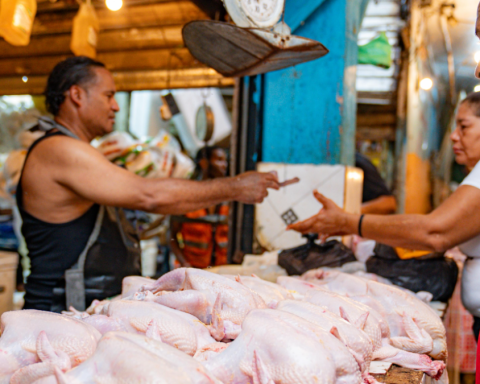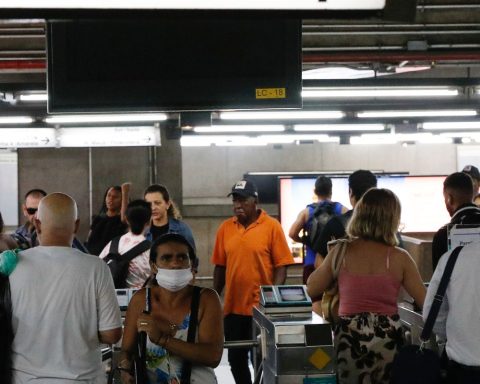68 adolescents have been waiting for three months for a measure that will release them immediately or to return home with their parents. The first trial hearings for the young people detained in Carabobo began on October 30. Some have been allowed to resume their studies while they face their criminal proceedings.
The trials against the teenagers detained due to the post-election protests in the country have already begun, while their parents wait for a “measure of grace” from the authorities or, ultimately, an acquittal of the crimes for which they are accused.
Mariela Molina, mother of one of the young people detained in Carabobo, mentions that the first trial hearings in that state were held on October 30 and 31. The second hearing is expected on November 13 and 14.
«I would like this to end now and they would take an acquittal (measure) of this whole problem. I can’t take it anymore (…) If they had let me enter the videos in the preliminary hearing, my son would not be in prison. “My son was not burning any rubber, he was not vandalizing, he was not doing any act of protest,” says Molina.
Orlando is a young baseball prospect who was arrested on the night of July 30 on a field in the La Isabelica neighborhood, south of Valencia. The police report – where his ID number was spelled wrong as was proven in the preliminary hearing – indicates that he had tires and Molotov cocktails, but the videos recorded by residents of the area show otherwise.
Molina questions that if, in fact, his son Orlando had burned some rubber, he falls into the crime of obstruction of public roads, which does not entail a measure of deprivation of liberty for a minor. “I don’t understand the situation, I don’t understand why they don’t do anything.”
Like Orlando, Patricia Rivas’s son will also have his second hearing on November 13. He was arrested along with a friend in the Prebo urbanization, north of Valencia, and accused of “attacking” Fort Paramacay along with other young people. There, his mother has said, he was tortured with electricity.
«My boy is already desperate. It’s been a long time, at first I was calm because he is innocent of everything they accuse him of. And well, he’s already falling into depression. He thinks that they are going to leave him there being the innocent of all that. It still cannot be explained how he is stuck there without having done anything,” he says.
The wait has caused the young man to express a desire to end his life. «He says he prefers to die than spend 10 years of his life locked up for something he didn’t do. That makes me very bad. Sometimes I feel like I’m going crazy from so much pain (…) Before being imprisoned he was an extremely loving child, this is changing his heart. All this is a show where the most innocent are the ones who are paying for it, some kids who don’t even vote,” says Patricia.
Rivas recounts all the judicial irregularities to date: They were not brought before the courts within the time required by law, the deadlines of the criminal process were not respected in the case of adolescents, they were not allowed to appoint trusted lawyers, They give access to the file, they did not perform a forensic medical-legal examination for the torture, they were not allowed to present witnesses within the corresponding period, despite having them.
«The lawyer apparently is not allowed to do her job. Apart from the fact that he is in charge of 40 cases of adolescents, he no longer even wants to attend to us. “This is completely crazy,” he says.
In the case of Irene Corrado, another of the teenagers detained in Valencia, her trial will begin on Wednesday the 13th. “She is still very anxious, she already wants to get out of there,” comments her mother Katherine Martínez.
Katherine Martínez can visit her daughter on Thursdays. The 17-year-old girl has a coronary heart disease that requires medical attention
Irene, 17 years old, was arrested on August 4 when she accompanied her mother to a court summons. His father was called to a police station for alleged threats against a person through an “opposition” WhatsApp chat. But when she tried to leave, the police told her that the young woman was being detained because it was proven that she was the one who belonged to that chat.
The family later learned that the complaint was only made against two people who belonged to said chat. The public defender assigned to him told him that he has already introduced a measure before Court 1 with jurisdiction in Terrorism to allow him to face the trial in freedom. “The only thing we want is for all this to end,” Martínez insists.
Teenagers resume studies
The group of adolescents detained in the Caracas City Care Unit, in El Cementerio, were allowed to resume their studies while they remain imprisoned. Daiber Lucena Navas, one of those eight young people who remains detained due to the protests, is trying to be strong and cope with his imprisonment. This is what his mother María Navas comments. Like his son, he waits for the date of the first trial hearing.
For now, he was allowed to start the first year of high school that was due to start in September. His friend Ángel Moisés Ramírez Ruíz was also allowed to continue with the sixth year of accounting that he should have completed in person at the Juan España Technical School.
*Read also: Parents of teenagers detained in Yaracuy ask that they receive distance classes
Ángel’s mother, Nérida Ruiz, was able to give him the first study guides on Thursday, November 7 during the visit. “Let’s see how he solves the tasks and with the favor of God, while this ends, he continues studying.”
The help they can provide from the United Nations Children’s Fund (UNICEF) in Venezuela is pending, to which they requested not only to advocate for their immediate freedom, but to carry out an “independent and direct” evaluation of these young people physically and mentally and to guarantee their medical and psychological care.
Where are they?
The Penal Forum, in its report on repression between the months of July, August and September of 2024, indicated that 67 adolescents between the ages of 14 and 17 remain detained in the country, including seven women, of the 162 who were arrested and linked to events during the protests.
These young people are found in centers for adolescents in conflict with the law, prisons or police commands. The largest number is found in the state of Carabobo (18), followed by Lara (7), Distrito Capital (6), La Guaira (5), Anzoátegui (5), Yaracuy (4) and Nueva Esparta (4).
The teenagers are accused of charges such as terrorism, incitement to hatred, obstruction of public roads, qualified theft, resistance to authority and improper use of insignia and uniforms. Some reported being victims of torture such as beatings, sexual harassment and violence, electricity to various parts of the body, denial of food or medical assistance. None of the complaints have been processed by the courts or the Ombudsman’s Office.
The Penal Forum also included in its report the arrest of 168 people between the ages of 18 and 19 who, according to the concept of adolescence managed by the World Health Organization and Unicef, fall into this category. They highlighted the case of Michel Aurislin Acosta Durán, 19 years old, who worked at the Tazón tollbooth. She was detained on July 29 by National Guard officials near Hoyo de la Puerta (Miranda state), who brutally beat her and tore out locks of her hair.
The young woman, who has been in the “La Crisálida” Training Center for Female Prosecuted Women since August 3, was accused of the alleged crimes of terrorism, use of adolescents to commit crimes, promotion and incitement to hatred, association to commit crimes, obstruction to public roads and resistance to authority. She suffers from recurrent seizures after the beating and her family arranges for her to be transferred to a specialist.
Regarding the released adolescents, the Penal Forum recalled that at the end of August the courts issued a series of releases that benefited at least 90 young people.
«In the majority of cases, it was observed that the measures imposed were periodic presentation every eight days before the court or the authority designated by it, prohibition of leaving the country and the town where he resides without authorization, prohibition of attending certain meetings. or places, specifically in places where political activities are taking place,” the NGO explained.
Post Views: 151
